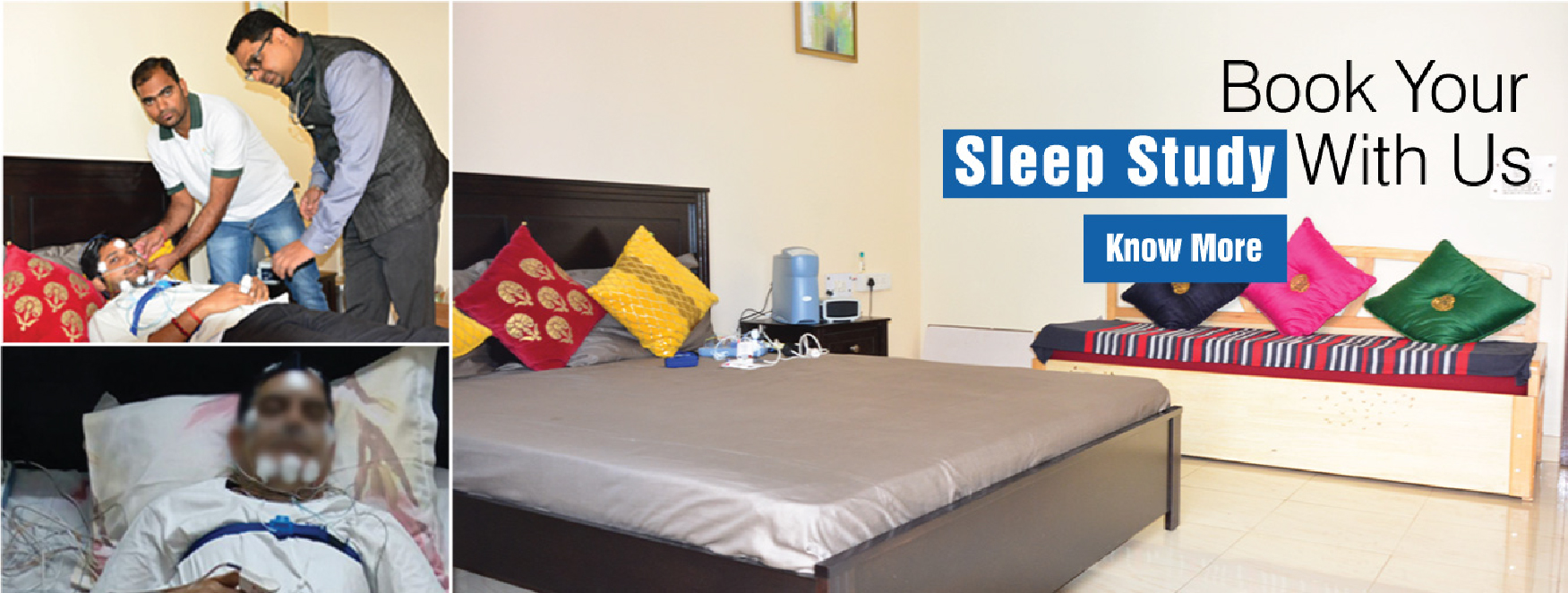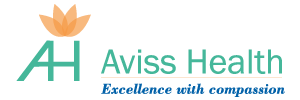WHAT IS AN IN LAB SLEEP STUDY, FREQUENTLY ASKED QUESTIONS?

Based on your doctor’s recommendations, or your own online research, you’ve decided to have a Sleep Study performed to help you better understand why your sleep habits are adversely affecting your life.
At Aviss Health, we help thousands of people every year with their sleep inconveniences. A considerable lot of our customers have posed similar inquiries you’re presumably thinking at this moment: “What is a sleep study, how does it work, and how do I prepare for it". Our Sleep Specialists and team of trained Sleep Technicians are well versed with these queries and trained to provide you with a safe, relaxing, and comfortable experience of Sleep Study based on your specific healthcare needs.
However, for those of you, who want a clearer vision and want to come prepared for the Sleep Study/Polysomnogram, this article will answer your questions and will help you in attaining a better understanding of the processes involved in your upcoming sleep study.
When does your doctor advise you to get a sleep study?
Symptoms include endless snoring, pauses or gasps during sleep, excessive daytime lethargy, falling asleep at unsuitable times, inconvenience in falling asleep at all, or various other sleep related ailments
Polysomnogram or Overnight Sleep Study
A polysomnogram is an overnight sleep study that records brain activity, eye movements, heart rate, blood pressure, oxygen levels, body movement, and more. Polysomnograms are used to help diagnose sleep related breathing disorders, such as Obstructive Sleep Apnea (OSA), Central Sleep Apnea, Narcolepsy, MSLT, MWT, any movement disorder like Restless Leg Syndome etc.
The tests are directed in a way that takes into account a full scope of information gathering for the sleep physician to decipher and advise treatment.
What to bring on the day of sleep study?
- Take all of your regular prescribed medications according to your physician’s instructions.
- Bring sleeping clothes such as pajamas or shorts and a t-shirt.
- Bring any other specialty items you may need for sleep or will need first thing in the morning such as toiletries, toothpaste, toothbrush, hair dryer, etc
- Bring clothes to go home in or clothes for work if heading to your job in the morning.
- Bring reading material (if required).
- Wash and dry your hair, face before the study
- Do not apply any oil or cream on your face, hair and body.
- Take supper/dinner one hour before the study.
- Limit Caffeine intake during the morning and preferably no caffeine after 12noon.
- Do not take any naps during the day.
- If you have any special needs or concerns, inform "sleep centre" staff ahead of time.
What Happens During an Overnight Sleep Study?
When you arrive for your sleep study, you will be met by our trained Sleep technologist who will be overseeing your sleep study. They will, go over your medical history,check your vitals and explain you what the study will involve.They will then attach the device which will record and monitor your overnight sleep.This includes:
- Small cup electrodes are attached to your scalp with the help of wires to measure brain activity.
- Wire electrodes are taped to your face near the eyes and chin to show muscle activity. These electrodes are used to measure eye movements, thus giving clues to sleep stages.
- Elastic belts are fastened around your chest and stomach to measure breathing effort.
- A nasal cannula (clear plastic tubing) and small heat monitor to measure all breathing activity.
- A wire electrode on each leg to measure muscle activity.
- A monitor taped to your finger to detect oxygen levels during the study.
- 2-3 lead EKG monitors to show heart rate and rhythm.
- A small mic applied to your throat to detect snoring.
After you are hooked up to the different machines that will support in taking up the required readings, the sleep tech starts noting down the observation. A series of tests are performed on each device to check the authenticity of the results obtained, and to calibrate the equipment. At the point when the alignments are concluded you are urged to rest, while giving you a chance to take after your own particular schedule. When the calibrations are finalized you are encouraged to sleep, while letting you follow your own routine.
Sleeping during an In-lab Sleep Study
Having the capacity to rest serenely outside of one’s own bed while snared to a heap of wires seems like an unimaginable task. But it's not. It rarely happens that a sleep study failed because of the patient's lack of sleep. Regardless of the possibility that you surmise that you didn’t get any rest amid your overnight sleep pattern study, you might be astonished to find that you dozed a great deal more than you could recall. Furthermore, irrespective of the possibility that you truly didn’t get your fill of sleep amid your review, odds are you slept enough to provide a sufficient measure of information for the analysis.
What Happens After A Sleep Study?
In the morning, once you wake up, the monitors and wires are removed before you are allowed to go home or to work. Your sleep technician might not be able to comment on the obtained result because it is sent to the sleep specialist for evaluation.
In the morning the data collected is then scored and analysed by our trained Sleep Techs as per latest American Academy of Sleep Guidelines and standards .It is then interpreted by our Sleep Physician keeping in mind the clinical history. By midday the reports are ready and sent to you.If a sleep disorder is detected, possible treatments for the condition will be discussed by our Sleep Specialist or your doctor.
At Aviss Health, we pride ourselves on providing our patients with the best (and most current) information available regarding everything sleep related. If you have any further questions about sleep studies, sleep disorders, or any other sleep associated questions, feel free to check out our website www.avisshealth.com or contact us at 9871613322, 9871162255 , (0124)-4104679.
